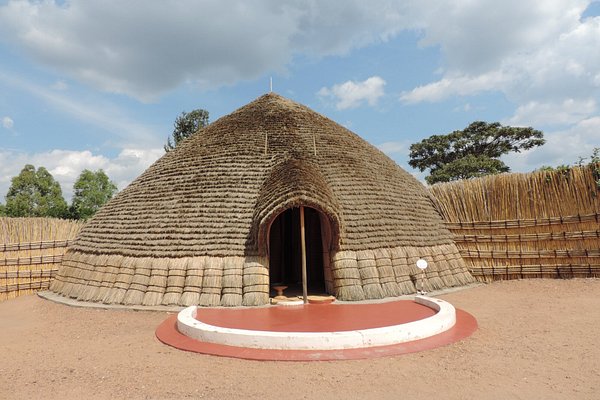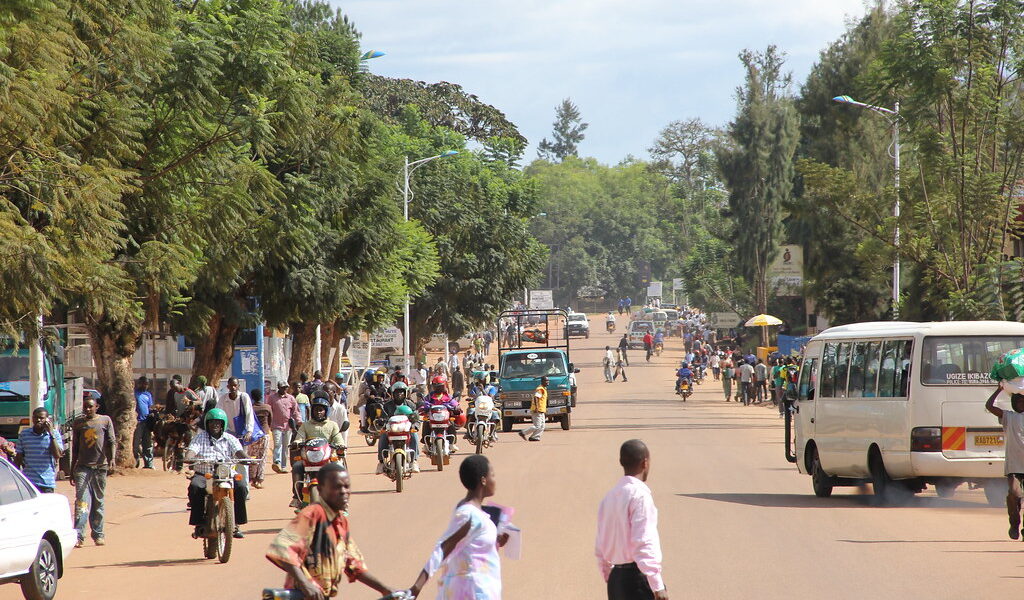Huye

Peaceful and compact, Huye was founded in the early colonial era, a matter evident in the architecture of the city centre. For a period it was known as Astrida, after the late wife of the Belgian King Leopold III.

The region has long been significant as a centre of power, although much of its history has been passed down the generations through oral tradition alone.
Today, Huye is a centre of academia, housing the National University of Rwanda and the National Institute of Scientific Research, as well as various training schools and colleges.
It is also notably religious, with massive cathedrals and churches where congregations sing with rousing vigour and passion.
The excellent Ethnographic Museum, also known as the National Museum, houses perhaps the finest ethnographic collection in Africa. Displays of traditional artefacts and antique monochrome photographs provide an insight in to the pre-colonial era as well as Rwanda’s transition into a modern state.
An arboretum, planted with a mixture of exotic and indigenous species, was established on Ruhande Hill in 1933. The 200-hectare forest has recently been dedicated to the Queen’s Commonwealth Canopy project, chosen because it is a research forest and a ‘gene bank’ of the forests found in Rwanda, which hold a tremendous importance to the country’s conservation.
Nearby, the King’s Palace in Nyanza brings the old ways to life, with its replica royal hut with sacred Inyambo (Ankole) cows in the field behind, to whom their herders sing.
Huye is one of the eight districts (Akarere) that make up Rwanda's Southern Province. It has a total surface area of 581.5 square Kilometers.



FREQUENTLY ASKED QUESTIONS
related
NATIONAL PARKS
nyungwe national park
One of the oldest rainforests in Africa, Nyungwe is rich in biodiversity and spectacularly beautiful.
gishwati mukura national park
Rwanda’s fourth national park, Gishwati Mukura is made up of two separate forests



